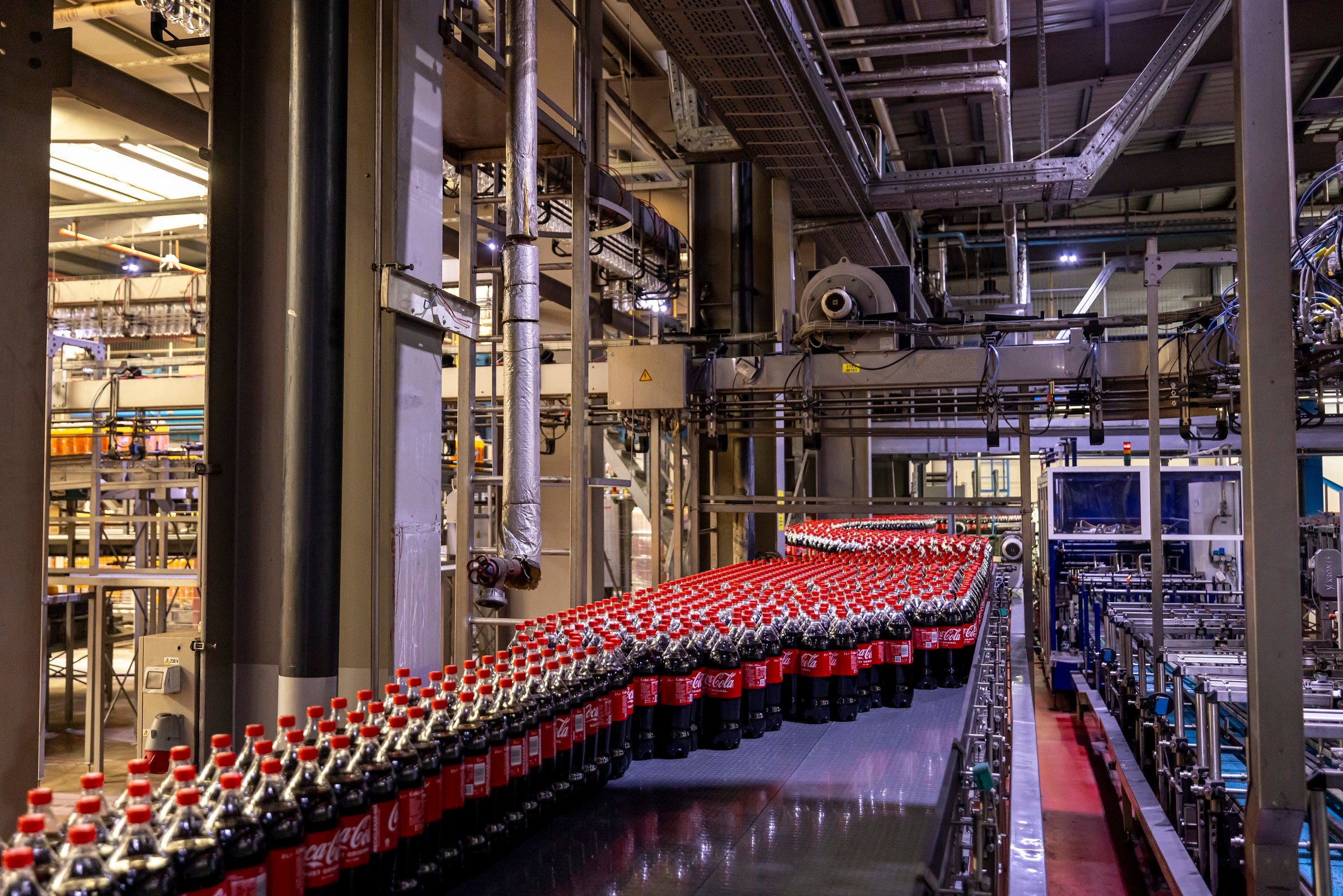
The strategic bottling partner to The Coca-Cola Company, Coca-Cola HBC has opened a new in-house recycled plastic (rPET) production facility in Romania.
The facility was funded by an €11m investment, including €3.5m of state aid. Coca-Cola HBC Romania will reportedly be the first beverage producer in the market to produce rPET in-house and is the third rPET decontamination facility in operation across Coca-Cola HBC’s markets.
In 2022, 22% of the PET plastic used across Coca-Cola HBC’s EU and Swiss markets was from recycled material. With the investment in Romania, and transitions to recycled bottle portfolio in the markets of Switzerland, Austria, Italy, Ireland and Northern Ireland, the company is said to be on track to deliver almost 50% rPET use in EU and Swiss markets by the end of 2023. This achievement is a year ahead of the 2025 deadline set by the company as part of the UNESDA circular packaging vision for EU markets.
The move sees Romania become the first market within the group to combine three pillars of circularity: the use of 100% recycled bottles across the portfolio, an in-house rPET production facility, and a soon-to-be-launched deposit return scheme to help collect back the bottles and cans for further recycling.
There are currently five DRS active across Coca-Cola HBC markets, with six more coming on stream by the end of 2025. Romania’s scheme is set to be introduced this December.
Coca-Cola HBC CEO Zoran Bogdanovic commented: “We are working to produce and deliver our drinks in more sustainable ways and in packaging that has a life beyond its initial use. Romania is a great example of how we can work collaboratively with our stakeholders and the wider industry to create a circular economy for packaging.”
Packaging accounts for nearly a third of Coca-Cola HBC’s carbon footprint, making it a priority area within its commitment to achieve net zero emissions across its entire value chain by 2040.
The company recently invested €12m ($12.6m) in a new high-speed returnable glass bottling line at its plant in Edelstal, Austria.



